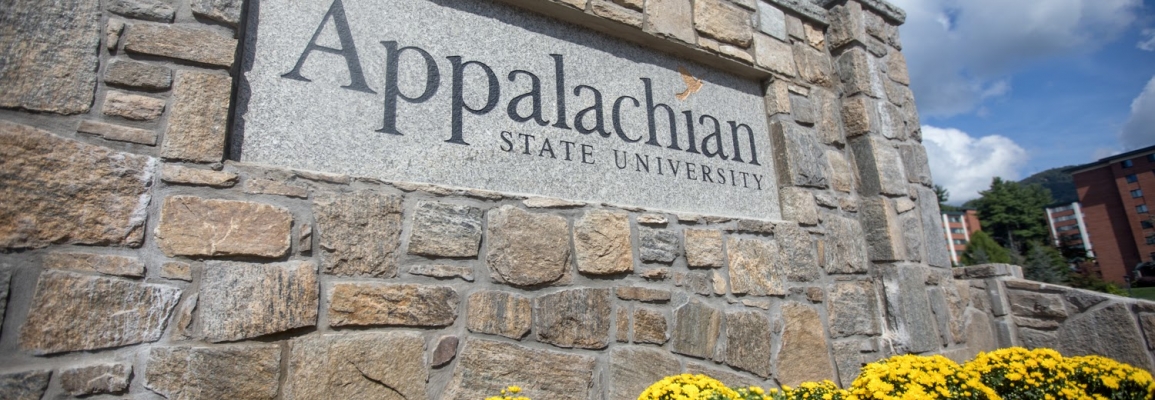Welcome to Student Affairs Administration (SAA)!
The Student Affairs Administration program has merged with the Higher Education program for a Master of Arts degree in Higher Education and Student Affairs. Students who are instereted in applying should apply to the MA in Higher Education and Student Affairs.
For almost 50 years, the Master of Arts in Student Affairs Administration (SAA) at Appalachian State University has prepared reflective scholar practitioners to work in various areas of student affairs to serve students and institutions of higher education through collaborative, equitable, and inclusive practice.
Our in-person, cohort-based, 45 credit hour program has a theory-to-practice framework and an applied learning emphasis. The curriculum requires at least three different practice-based experiences (assistantship, practicum, internship), with the option to engage in two additional experiences (second practicum, summer experience), to infuse an applied learning element that allows students to graduate with over 1700 hours of working with students, colleagues, and groups.
Recent graduates have secured employment in Academic Advising, Career Development, Diversity & Social Justice, First Year Student Programs, Fraternity & Sorority Life, Leadership Development, Orientation, Residence Life, Service Learning, Student Activities, Student Conduct, Student Learning Center, Study Abroad, and many other areas. We consistently receive positive feedback from employers about our gradutes' preparation for and success in their roles and the broader field.
Mission Statement
To prepare reflective scholar-practitioners to work in various areas of student affairs to serve students and institutions of higher education through collaborative, equitable and inclusive practice.
Learning Intentions
The Student Affairs Administration program fosters four overarching learning intentions, each with several components. Faculty and educational partners strive to create learning environments where students will:
| Overarching Learning Intention | Specific Components |
| Expand and challenge their thinking about themselves, others, and student affairs through theory, research, and reflection. |
|
| Experience multiple functional areas of student affairs through practice and reflection. |
|
| Develop their professional philosophies, values, pathways, and communities. |
|
| Cultivate their abilities to be change agents in higher education. |
|


